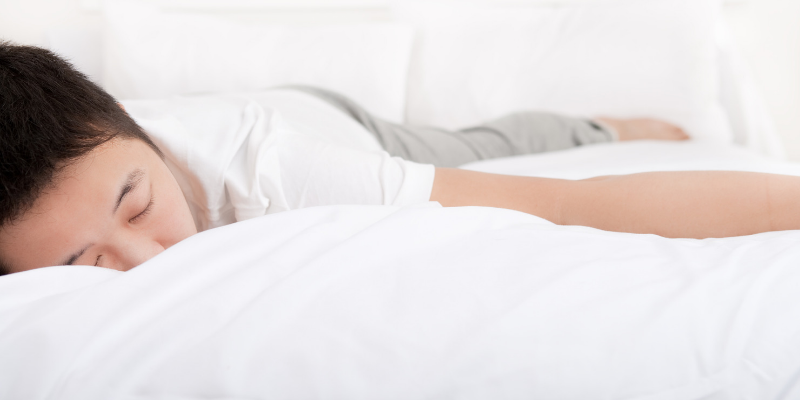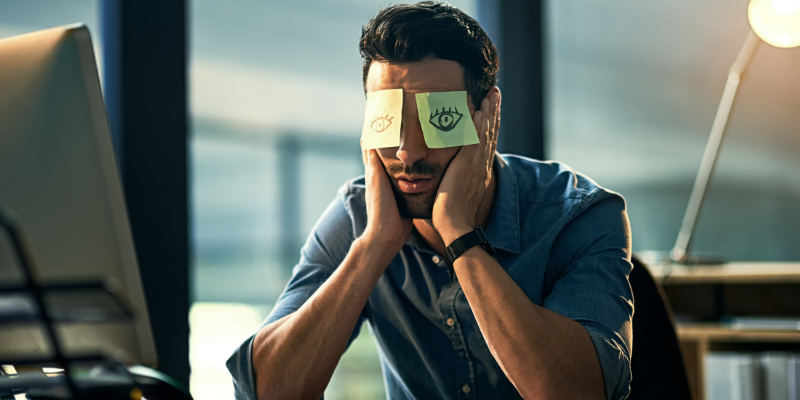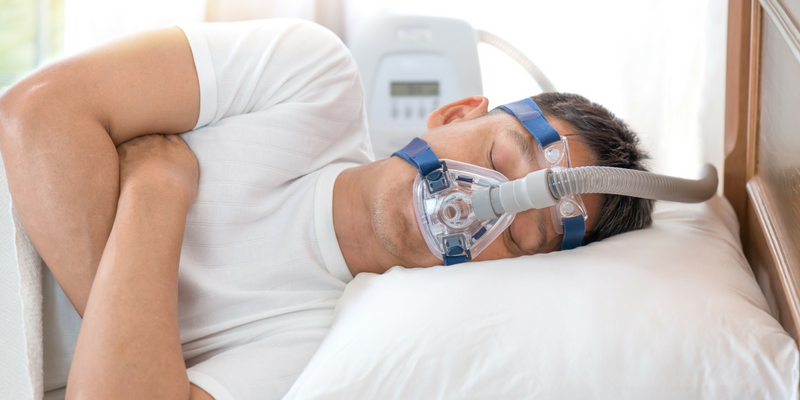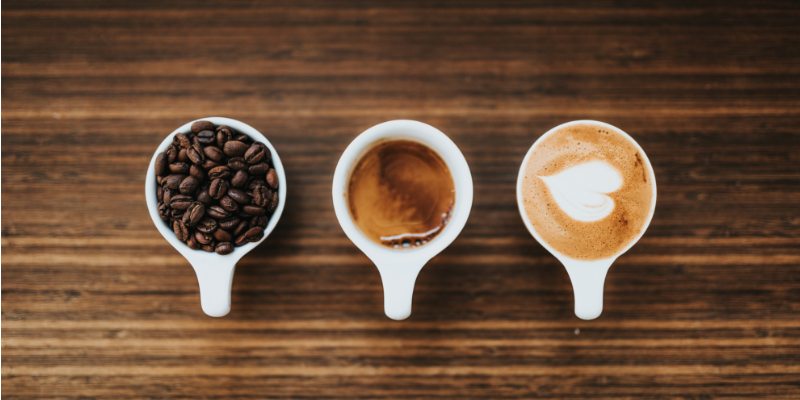
Did you know that in the short term, sleep may be more important than food? That’s because you can survive for three times as long without food than you can without sleep.
That’s just one fun fact about the phenomenon that is sleep. Today, CPAPCentral.com would like to offer these eight strange details about slumber:
- People spend a third of their lives asleep. Cats sleep double that.
Whether you slept 16 hours a day as a baby or 6 hours as an adult, it still rounds out to a third. If you’re a cat owner, you probably are already aware of how much our furry companions sleep.
2. Scientists aren’t sure why we sleep
They just know it’s really, really important, and that we don’t function well without it.
3. There are 19 different sleep-related breathing disorders.
Sleep apnea, which CPAPCentral.com is dedicated to alieving, accounts for 10 of them.
4. Up to 15% of the population are sleepwalkers.
Contrary to popular belief, it’s not dangerous to wake them!
5. 1 in 4 married couples don’t share beds.
If you had undiagnosed sleep apnea, chances are, you were one of them!
6. Older generations dream in black and white.
Among those who grew up with black and white media—such as photographs and TV—only 15% dream in color. For those who grew up with colored media, 88% dream in color.
7. Up to 36 percent of Americans drive drowsy or fall asleep while drowsy
This can be as dangerous as drunk driving. If you fall into this category, even after a good night’s sleep, it could be a sign of sleep apnea.
8. Less sleep means you eat more.
During sleep, the body produces leptin, which regulates appetite. The less sleep you have, the less leptin, so the hungrier you are upon waking. This is why obesity is often linked to sleep apnea.
At CPAPCentral.com, we’re all about getting a good night’s rest! If you’ve been diagnosed with sleep apnea, we have the latest in technology and comfort to help you address it. Browse our online catalog today to find the equipment you need.



